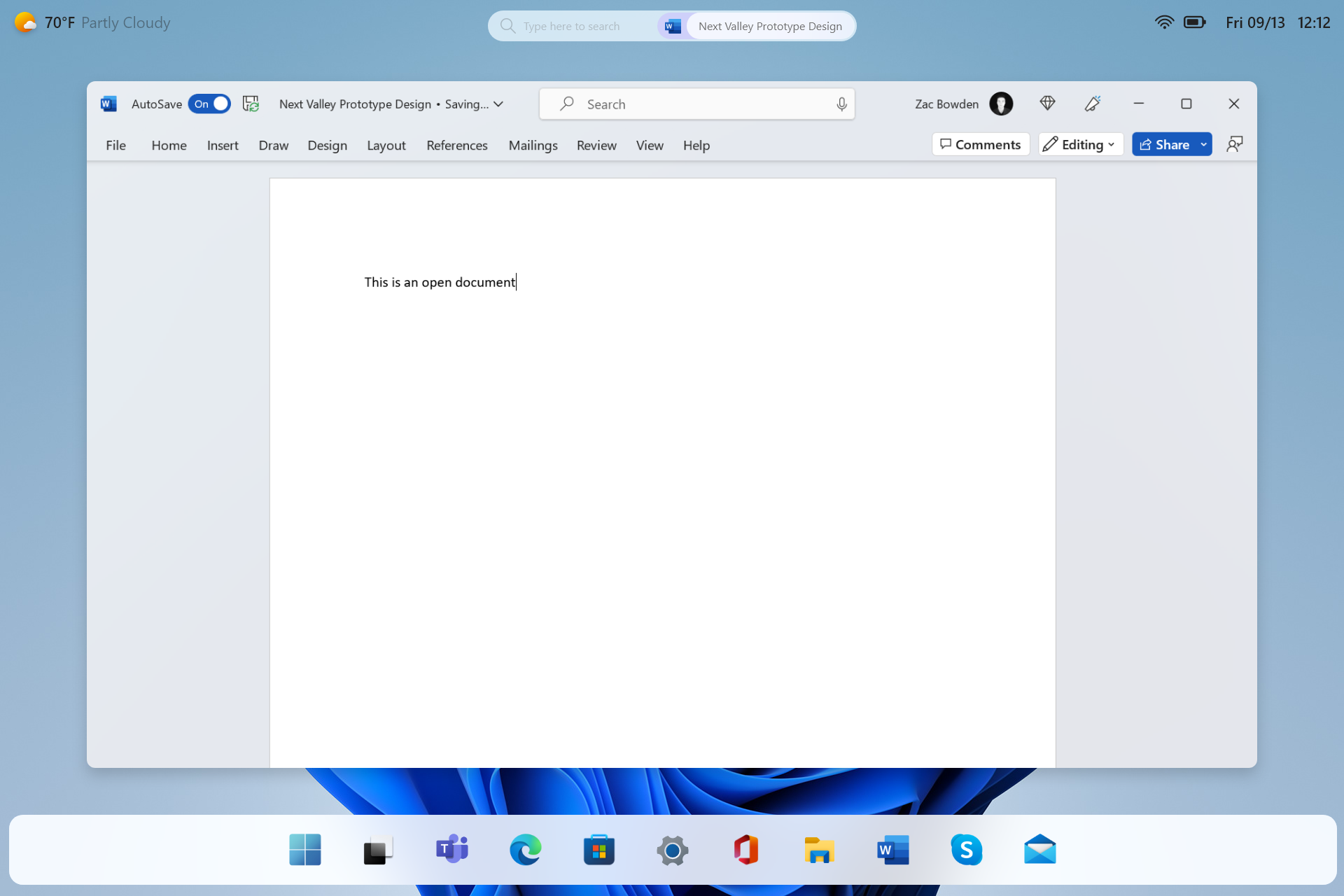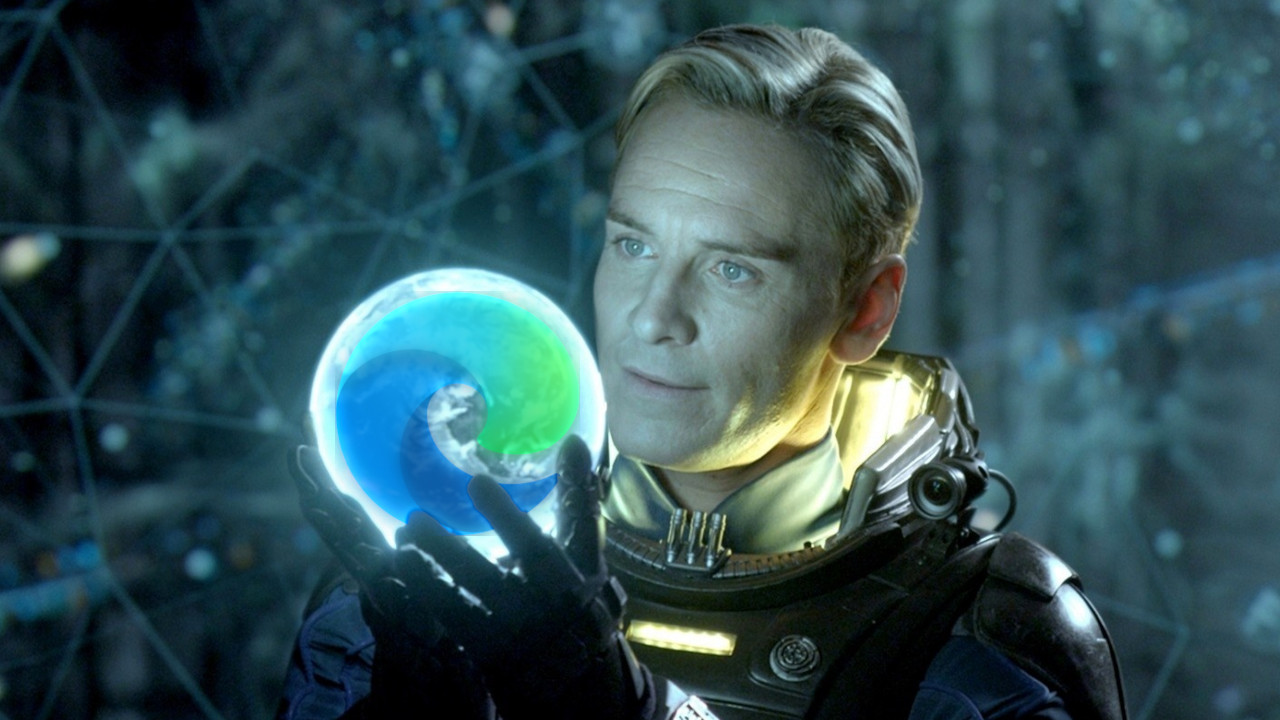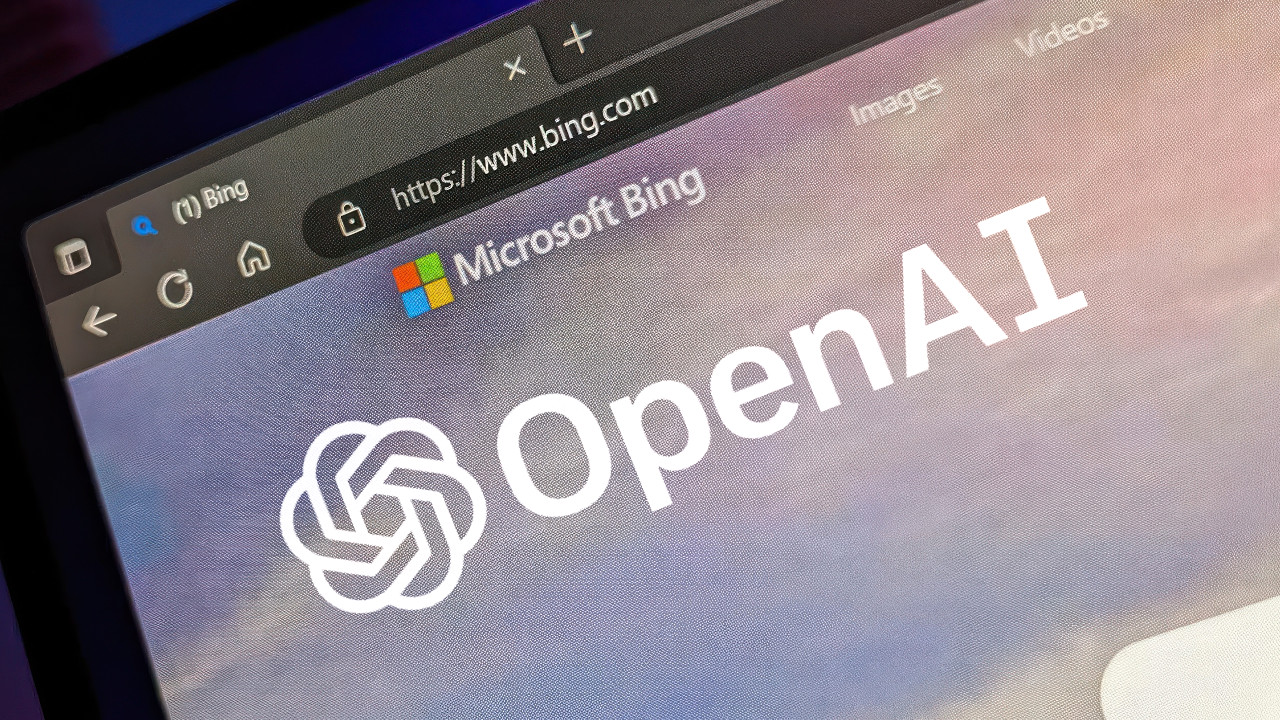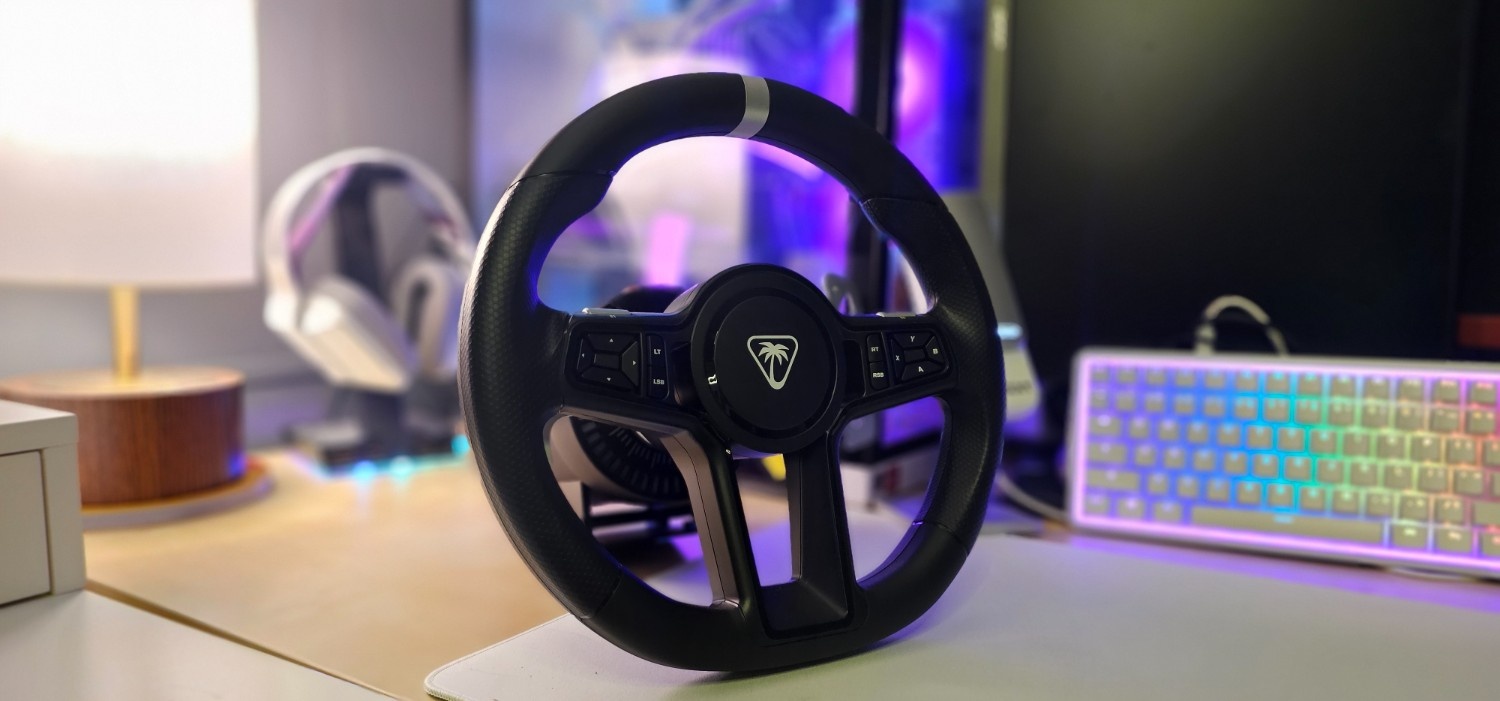Microsoft needs a new mascot for a GPT-powered Windows — Clippy or Cortana?
Prometheus is a mouthful; time to bring back the polarizing paperclip.
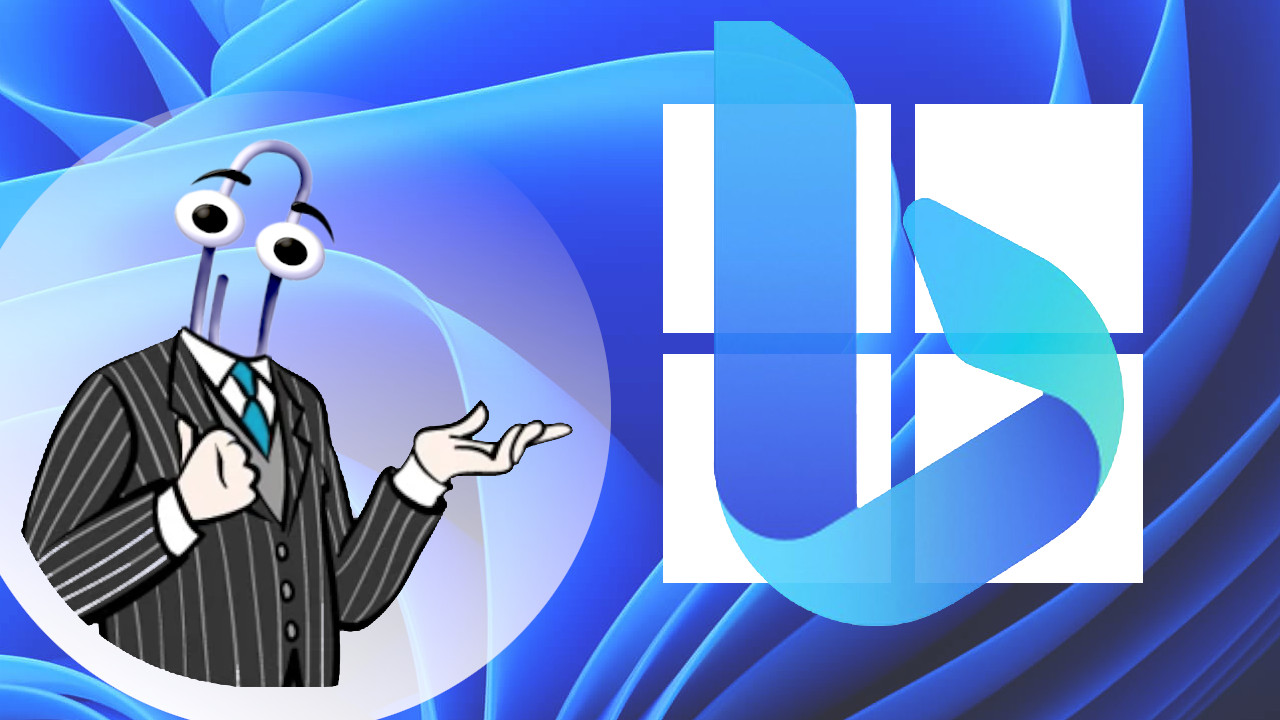
All the latest news, reviews, and guides for Windows and Xbox diehards.
You are now subscribed
Your newsletter sign-up was successful
Microsoft's adventures in artificial intelligence have been exciting, as slow as it may have seemed to progress in the early days. What felt like a gradual upward climb has now tipped over the apex of this wild rollercoaster ride with an all-new Edge browser powered by an evolution of OpenAI's ChatGPT built upon the vast GPT language model with additional safety features supposedly in place.
You don't have to look far to find examples of the Bing Chat AI seemingly going off the deep end with a range of eyebrow-raising responses ranging from unusually emotional to outright erroneous. Thankfully, Microsoft is well aware of Bing Chat's bizarre behavior, and improvements are in the works. It's easy to poke holes in emerging technology, but I'm remaining optimistic as possible in what feels like the most significant advancement in years.
It's no secret that Edge isn't the world's leading web browser, but that's part of why I prefer it. Microsoft has something to prove, and their undeterred enthusiasm to provide the most natural AI assistant right out of the gate keeps me hopeful for a revolutionary new edition of Windows. However, if we expect the digital assistant to expand outside Edge and Office, it'll need a much better name than 'the Prometheus model.'
GPT in Windows 12
There's no guarantee that a digital assistant in the same vein as Cortana would ever see the same kind of attention from Microsoft as when Windows Phone and previous editions of its operating system were the primary focus. It hasn't technically gone away and still implies to be a fundamental feature of Windows 10 and 11 upon installation. Still, its usefulness is almost impossible to debate since all Cortana can realistically do is tell some bad jokes.
It made sense to buff up the Windows search feature since crawling entire storage drives when you're only looking for a recently-opened file was a gigantic waste of resources, but Windows 12 could take it much further. Rather than offering simplistic web search results for specific keywords, an all-new digital assistant powered by Bing Chat's Prometheus model could become what we thought Ask Jeeves might have been just before the millennium: something to make real sense of the modern world.
It's fair to assume that an AI assistant with no Internet connection would quickly exhaust its usefulness. Nevertheless, modern laptops and desktop computers could solve practical problems with a built-in neural processing unit (NPU) to handle complex commands and exhibit machine learning to improve its performance over time. Asking Windows simple requests such as "extend this display to my second monitor" instead of navigating the settings is great in theory. However, Microsoft needs a fresh mascot to fill that role.
Prometheus bound
It's all well and good for me to stand here and suggest Microsoft brainstorm an all-new digital assistant character, but I'm not the one who has to decide on a name that could make or break the concept. The new GPT-infused Bing Chat is still teething, but it'll struggle to take on the world with a name like Prometheus; it's too extravagant for the general public to remember. Anyone whose parents are reaching their advanced ages may have noticed some reluctance to learn modern technology, but a baffling amount of senior citizens already know what Alexa is.
All the latest news, reviews, and guides for Windows and Xbox diehards.
The technologically savvy among us will already know about Cortana, or rather, what it was supposed to be. But if you're honestly asking people outside of your friend group, how many would recognize the name? My relatives have no idea until I point it out on their ancient Windows 8.1 laptop taskbars, and they dismiss it as something they never click anyway. They definitely never played Halo, and the popularity of the once-flagship Xbox title has been waning in recent years, further damaging the hologram's appeal to anyone outside of gaming.
Asking my parents about Cortana, and they haven't got a clue. But they'll somehow remember a googly-eyed paperclip from their 90s word processor? Clippy was undoubtedly memorable, if a little ill-famed.
Even in my youth, I thought Ask Jeeves was more profound than it claimed to be, deeper than a simple search engine. The idea that you could talk to a computer program like a real person rather than studying AOL keywords was exciting until Google dominated with a phone book-sized list of results. Many people can't be bothered to navigate past the first page during a Bing search, assuming the answer isn't out there, but at least AI assistants try and explain why they've been unable to find anything relevant.
Computers are exciting again
Whether we see a highly-unlikely renaissance for Clippy in Windows 12 or an all-new character to humanize the immensely powerful toolset offered is unknown. Still, Microsoft would be missing a trick by ignoring the potential to make its leading operating system even easier for veterans and technophobes alike. An Internet connection is essential for answering general questions, but an NPU chip could still power many helpful offline tasks via a friendly, straightforward assistant.
I don't envy Microsoft's need to invent brand names in the slightest; it must be a painful experience that discards the majority of iterations, but it's vital to get this right. Even if they stick with Cortana, it needs a refresh. You can't expect a voice actor to come into the booth every time you update Teams with a new feature and need extra dialog; you'll want AI-generated speech instead, which is hardly considered science fiction these days. The tools are there, and Microsoft already owns most of them.
I'm genuinely thrilled about the future of Windows, thanks to this massive shift caused by AI. Many readers express a fair concern, and rightly so; we need to approach this evolving technology carefully. Nevertheless, I'm feeling the same kind of childlike wonder as when I sat down with my first computer and a copy of Microsoft Encarta: computers are exciting again, and it's finally starting to feel like we genuinely live in the future.

Ben is a Senior Editor at Windows Central, covering everything related to technology hardware and software. He regularly goes hands-on with the latest Windows laptops, components inside custom gaming desktops, and any accessory compatible with PC and Xbox. His lifelong obsession with dismantling gadgets to see how they work led him to pursue a career in tech-centric journalism after a decade of experience in electronics retail and tech support.
